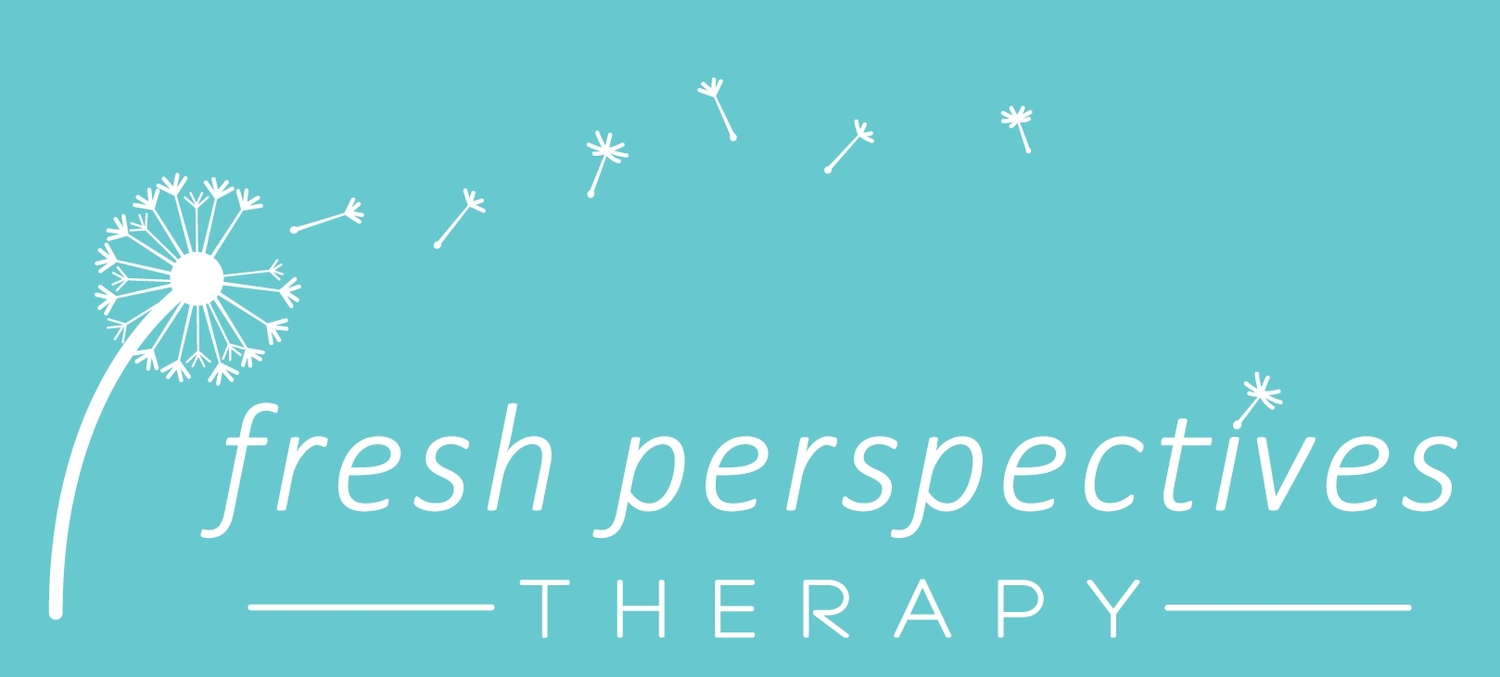As humans we like routine and familiarity. That kind of stability serves as a comforting home base for us to come back to, rest, and feel rejuvenated for more adventures. Comfort zones aren’t inherently bad, but they become so when comfort keeps us from living in alignment with our personal values or what’s important to us in life. Instead of being a cozy, restful home base, our comfort zone becomes a prison, a space where experiential avoidance runs rampant.
ACT Explained
ACT’s development began in the late 1980s by Drs. Steven C. Hayes, Kelly G. Wilson, and Kirk Strosahl. It is based in functional contextualism and relational frame theory. These are big concepts labeled with confusing, technical words that can scare people away. The truth is, when you look behind all of the jargon, the message is quite simple and something that many of us already practice at least to some extent in our daily lives! I’m going to do my best to break down the essential concepts of ACT here.
Connect with Your Intention
What is intention? We’re probably all familiar that intention means an act with purpose or aim. But intention can be much more! Intention by itself is not all that powerful or influential. Frequently, the problem is not a lack of intention but lack of awareness of your intention. When you are aware of your intention, when you connect to it mindfully, that is when intention has the strongest influence on your motivation, your frame of mind, and your demeanor.
